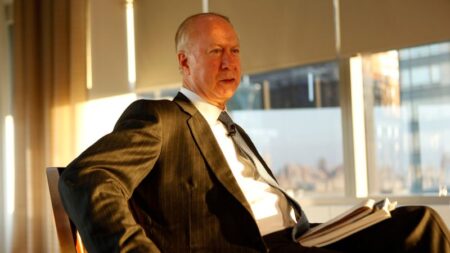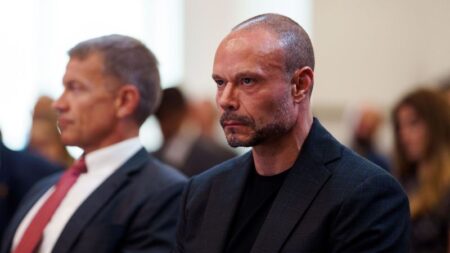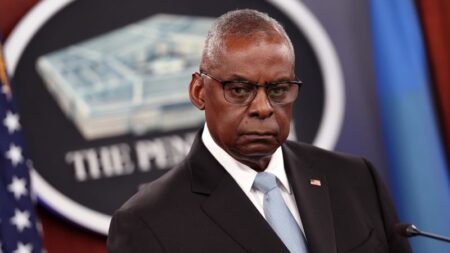The recent turmoil regarding the Labour Party and its relationship with the Unite union has ignited substantial debate, particularly centered on the assertions made by Sharon Graham, the general secretary of Unite. Graham has openly criticized the Labour Party for no longer defending the interests of working-class people, expressing her concerns that members are deserting the party in alarming numbers. This situation escalated dramatically when the union voted to reconsider its ties with the Labour Party, following a contentious episode involving Deputy Prime Minister Angela Rayner and the ongoing strikes by Birmingham’s bin workers.
Unite’s discontent appears to stem primarily from how Labour has handled the strike situation in Birmingham. A notable point of contention was Rayner’s suspension by Unite over her actions regarding the negotiations surrounding the strikes. Early reports suggested that Rayner had resigned her membership in Unite back in April, leading critics to question her commitment to workers’ rights. Her position as Deputy Prime Minister places her in a complex role as both a governmental leader and a supposed advocate for workers, prompting scrutiny over her decisions.
In response to the developements, Graham asserted that members of Unite felt that Labour was not advocating for their welfare as anticipated. During an interview on BBC Radio 4’s Today programme, she stated that union members were disillusioned, remarking, “they don’t believe that Labour defends workers in the way we thought they would.” Graham emphasized that Rayner’s focus on her membership status seemed misplaced, arguing that the Labour Party should instead reflect on its overall direction and priorities. She went further, outlining specific areas of policy where she believes Labour has failed, citing issues surrounding winter fuel payments and support for people with disabilities.
The complexity of this situation is heightened by the political context surrounding the Labour Party’s leadership and the pressures it faces from both the left and the right. While the Labour Party is traditionally seen as the champion of working-class rights, internal conflicts over policy decisions—such as substantial cuts to public funding—have led to significant backlash from unions and party members alike. Graham’s comments reflect broader discontent with the governmental direction and decision-making processes that seem increasingly disconnected from the everyday realities of workers’ lives.
Amid these tensions, the union had passed a resolution indicating it would reconsider its funding relationship with the Labour Party, potentially cutting financial ties should the current trend continue. As it stands, Unite is Labour’s largest union supporter, contributing approximately £1.2 million annually through affiliation fees. However, Graham expressed the need for this financial relationship to yield tangible benefits for union members, questioning whether those funds might serve better purposes if redirected towards frontline services.
The strained relationship reached a climax following ongoing disputes regarding the strikes in Birmingham. A lack of agreement between the bin workers and the city council has persisted, with Unite advocating for workers facing pay downgrades and the council maintaining that it has reached its limit on what it can offer. Birmingham’s council leader, John Cotton, has claimed the authority responded generously to workers’ requests, yet the union disputes this perspective, asserting that the voices of its members are being overlooked.
As the conflict drags on, local Labour Party representatives and union officials remain divided on the necessity of further union involvement in negotiations. Edgbaston MP Preet Kaur Gill remarked that Graham should trust her local officers, who allegedly were close to reaching a deal before the heightened involvement from the union’s upper leadership disrupted ongoing talks.
The backdrop of the current tensions between Labour and Unite implores a critical re-evaluation of their alliance and raises pertinent questions about the future direction of the Labour Party amidst an evolving political landscape, one that is increasingly at odds with its historical roots and promises to workers. The situation underscores the critical nature of stakeholder relationships in fostering equitable labor policies that genuinely reflect the interests of the working class.











